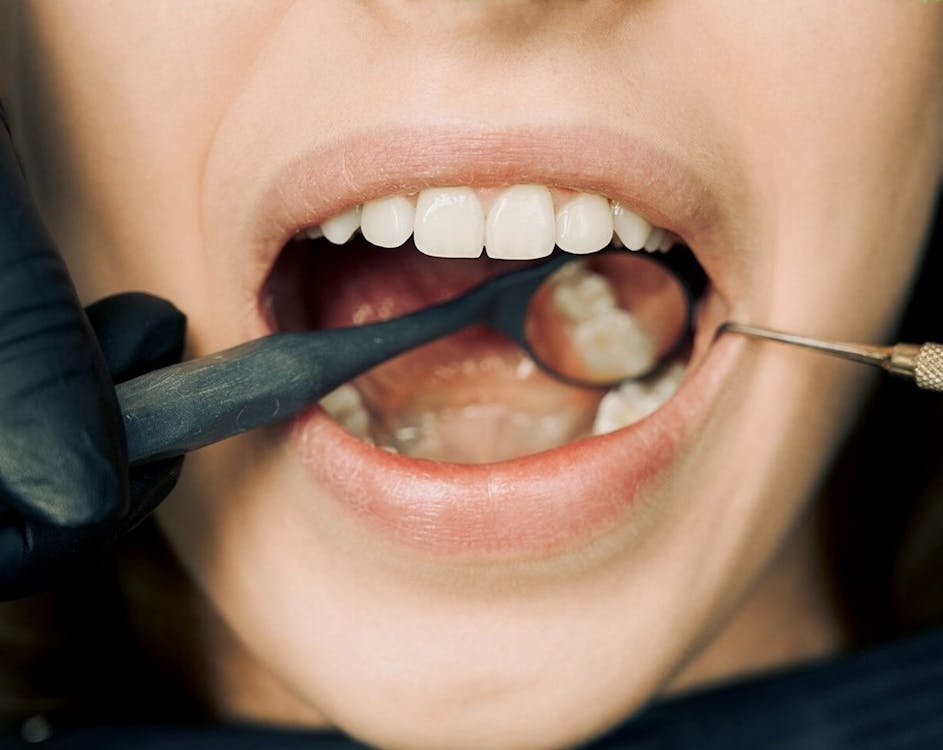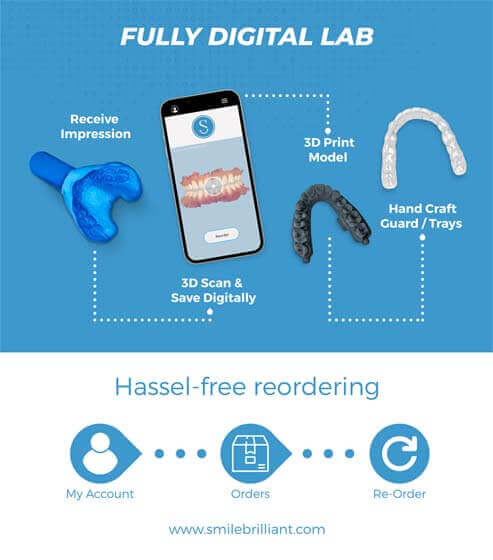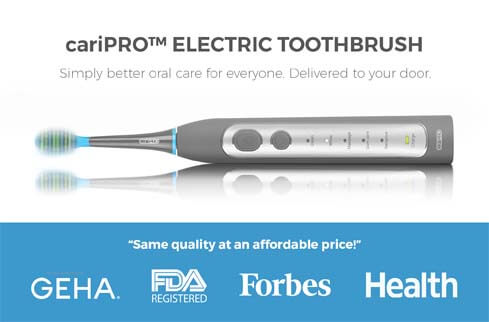
How Long Can You Wait for a Dental Crown?
Losing a dental crown can be concerning, leaving you wondering: how long can you safely stay without a replacement? While there's no universal answer, understanding the risks and implications can help you make an informed decision. Let's delve into the factors at play:
The Tooth at the Center: Assessing the Damage
The key factor influencing the wait time is the underlying condition of the tooth beneath the lost crown:
Healthy Tooth: If the tooth lacks significant decay or damage, you might have some leeway (a few weeks, potentially) before experiencing major issues. However, even a healthy tooth is vulnerable to:
- Increased sensitivity: Exposed dentin can lead to pain from hot, cold, or sweet foods/drinks.
- Fractures: Chewing forces become more concentrated on a weakened tooth, increasing the risk of chipping or cracking.
- Shifting teeth: Gaps left by missing crowns can cause neighboring teeth to drift, impacting your bite and requiring orthodontic correction later.
Compromised Tooth: If the tooth has decay, infection, or existing damage, waiting even a short period can be risky:
- The infection spread: Exposed pulp or dentin creates an entry point for bacteria, potentially leading to deeper infection and even tooth loss.
- Further damage: The compromised tooth becomes more susceptible to fractures and complications, potentially requiring more extensive treatment later.
ADVERTISEMENT

Please continue reading
Seeking Clarity: Consulting Your Dentist Is Key
Ultimately, the safest and most accurate answer comes from your dentist. They can assess the specific condition of your tooth, consider risk factors like your oral health and bite, and advise on the optimal timeframe for replacement.
Weighing the Risks: Why Prompt Action Matters
While waiting a brief period might seem harmless in some cases, remember:
- Early intervention often leads to simpler and less expensive treatments.
- Ignoring the issue can lead to complications requiring extensive procedures and potentially jeopardizing the tooth's survival.
- Proactive dental care promotes overall oral health and well-being.
Taking the Next Step: Scheduling an Appointment
Don't delay seeking professional advice. Reach out to your dentist promptly to:
- Understand the specific risks associated with your situation.
- Discuss replacement options based on your needs and budget.
- Develop a treatment plan to address the issue promptly and effectively.
ADVERTISEMENT

Please continue reading
So, Prioritizing your dental health is an investment in your overall well-being. While waiting some time without a crown might seem feasible in specific cases, consulting your dentist for personalized guidance is crucial to minimize risks and ensure long-term oral health.